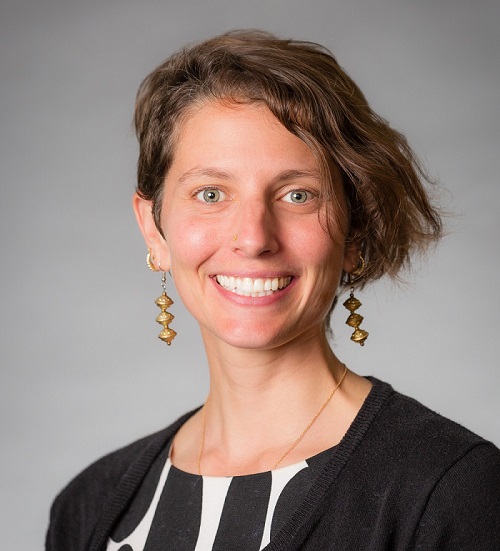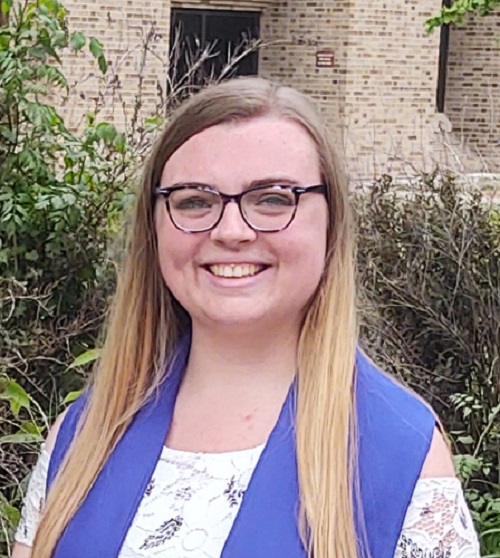This project is supported by NSF Award #2129570: Workshop on innovation in hot water system design to meet simultaneous water quality, public health and conservation objectives.
The Vision
Effective technology transfer and innovation in hot water systems will require deliberate marshalling of ideas and experts from diverse specialties and a partnership between academic researchers, government laboratories and departments, industry, and the public. Using the theoretical framework of the quintuple helix model of innovation 11, we propose to catalyze research on hot water system redesign and transfer of technology to industry through a series of virtual meetings and a two-day workshop that will bring together experts on disparate aspects of hot water systems and drinking water treatment along with experts on developing intellectual and economic ecosystems that promote innovation.
We hypothesize that hot water systems can be reengineered as beneficial and distributed treatment applications that significantly control and improve downpipe chemical and microbial water quality while still maintaining thermal efficiency through their design life.

Goals of this Project
- Facilitate interdiscplinary knowledge exchange related to the fundamental processes involved in hot water systems and their impact on residential public health
- Reimagine the hot water system as a series of treatments and practices that reduce the contaminants rather than a system that exerts a contamination surcharge
- Catalyze collaborative agreements between groups of interdiscplinary researchers for future research collaborations and proposals related to hot water system improvements and innovation
- Initiate an international research collaborative that uses innovative hot water system design to involve young engineers in interdisplinary design and research teams
Meet the Team

Katherine Alfredo, Ph.D, PE
Assistant Professor, University of South Florida
- © Untitled
- Design: HTML5 UP
Dr. Alfredo is an Assistant Professor of Civil and Environmental Engineering at the University of South Florida. She received her Ph.D in Civil Engineering from the University of Texas Austin, was a U.S. Fulbright Fellow in Ghana from 2008 to 2009, and completed a short-term research position at the American Water Works Association policy division in Washington D.C. focusing on water quality compliance and policy. Her Postdoctoral Fellowship at the Columbia Earth Institute and as a Fulbright-Nehru Postdoctoral Scholar focused on a variety of projects ranging from understanding the water rates structure in the United States to community support of rural community water treatment technology in India. Upon return from her Fulbright-Nehru Postdoctoral Scholar tenure in India, Dr. Alfredo was Drinking Water Research Program Manager at DC Water, analyzing water quality changes due to installed point of use filters. Dr. Alfredo’s research expertise includes drinking water quality and treatment, decentralized treatment, sustainable potable water provisions, US and international water quality regulation, and community and household support of drinking water technology.

Charles Haas, Ph.D, PE, BCEEM
LD Betz Professor of Environmental Engineering, Drexel University
Charles N. Haas is the L.D. Betz professor of environmental engineering and head of the Department of Civil, Architectural and Environmental Engineering, at Drexel University, where he has been since 1991. Dr. Haas specializes in the assessment of risk from and control of human exposure to pathogenic microorganisms, and in particular the treatment of water and wastewater to minimize microbial risk to human health. Dr. Haas has served on numerous panels of the National Research Council. He is a past member of the Water Science and Technology Board of the National Academies, and the US EPA Board of Scientific Counselors. In Feb 2021, Dr. Haas was elected as a member of the National Academy of Engineering.

Tim Bartrand, Ph.D
Executive Director, The Environmental Science, Policy and Research Institute
Dr. Tim Bartrand is executive director of ESPRI – a nonprofit organization dedicated to advancing better understanding of water quality changes in building water systems and improved water quality at points of use. He has been a researcher at ESPRI since its inception in 2016. Prior to joining ESPRI, Tim worked as a consulting engineer supporting drinking water utility and federal agency drinking water, wastewater and recreational water research efforts. At ESPRI, as a key researcher on an EPA-funded building water research project (Drexel University was prime grant recipient), Tim led a one-year research study on biological and chemical water quality changes that occur in hot water systems. Tim holds a Doctoral degree in environmental engineering (Drexel U., 2007), Masters degrees in civil engineering (Ohio U., 1997) and mechanical engineering (U. of Tennessee, 1987), and a Bachelor’s degree in aerospace engineering (U. of Notre Dame, 1983). Tim is a returned Peace Corps Volunteer (Cameroon, 1983-1985) and worked as engineer in relief settings from 1997 to 2000. He maintains an interest in research advancing safe water for people in less technologically developed countries and conflict and disaster-effected regions.

Katelyn Long
Graduate Assistant, University of South Florida
Katelyn Long is a first-year Master student at University of South Florida studying Environmental Engineering with a concentration in Internatinal Development. She graduated from Saint Mary's College with a B.S of Chemistry in 2020 and from the University of Notre Dame with a B.S of Environmental Engineering in 2021. Research interests include OPPPs, water quality and water chemistry.